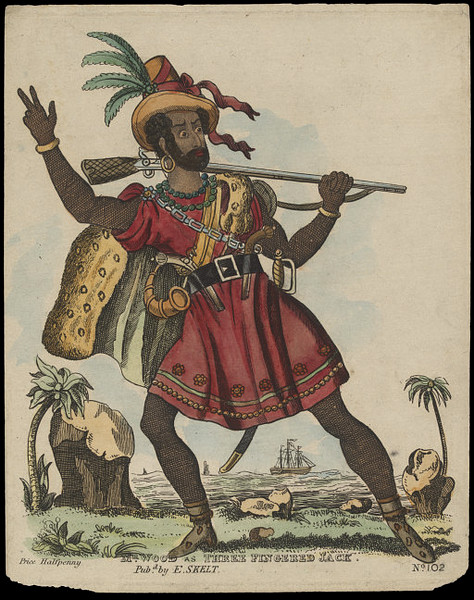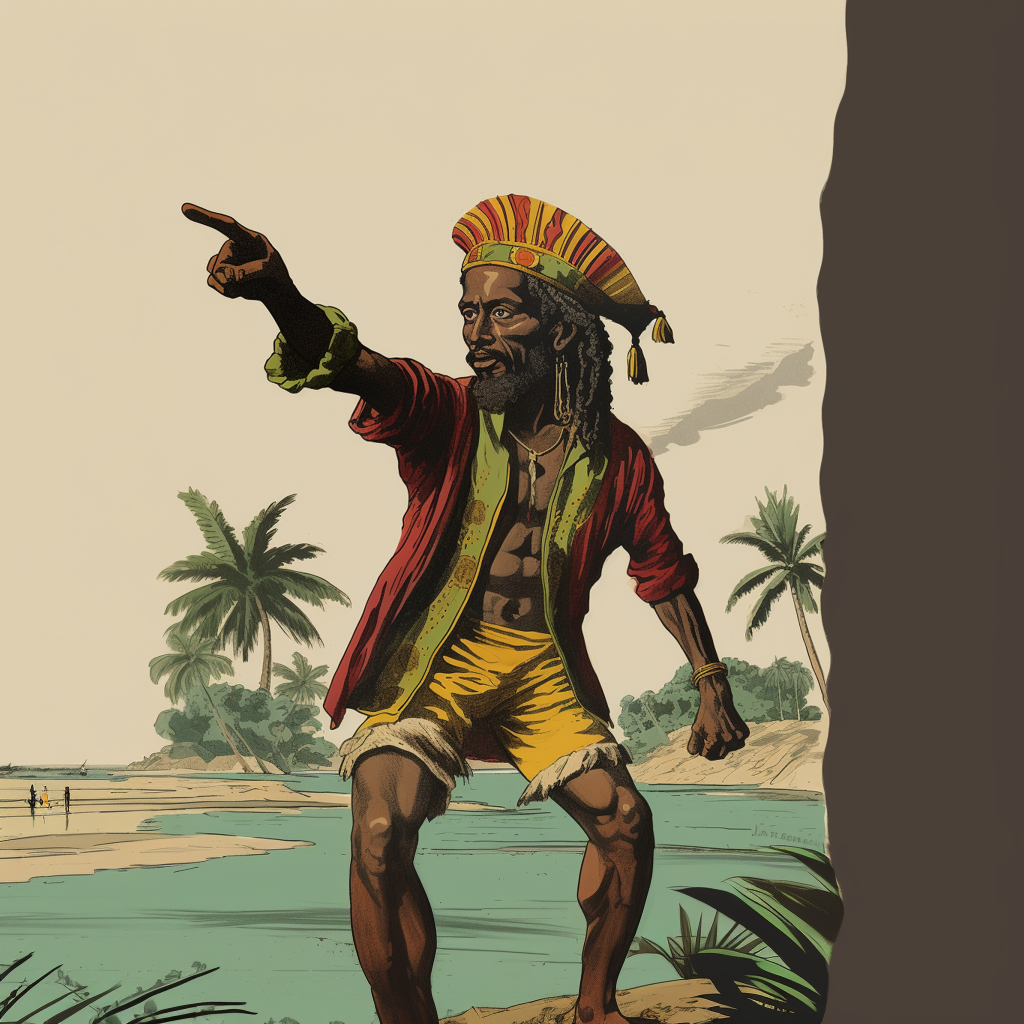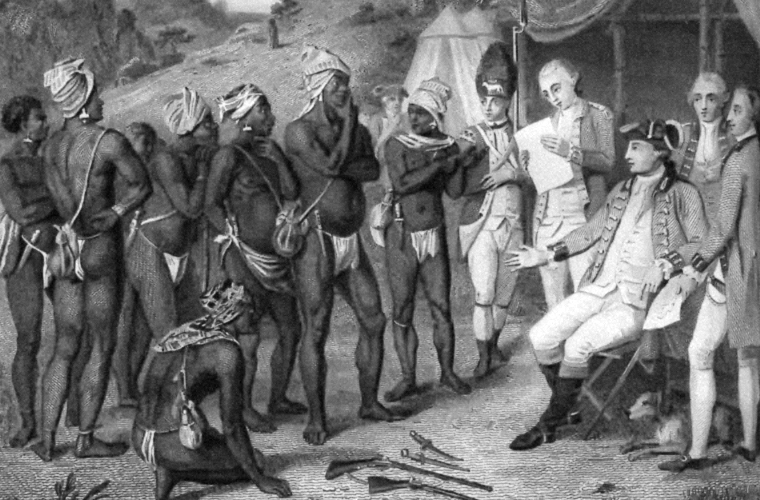
Amidst the echoes of defiance and liberation in Jamaican history, one figure stands out with mythic resonance – Three-Fingered Jack, or Jack Mansong. His tale, a blend of fact and folklore, embodies the spirit of rebellion and resistance that courses through the island's veins. As Black History Month unfolds, it's fitting to delve deeper into the legend of this enigmatic figure and explore why he's often likened to the Jamaican Robin Hood.
Born into the brutal confines of Jamaican slavery, Jack Mansong's journey to notoriety began in the late 18th century. Escaping the bonds of bondage, Jack led a band of runaway slaves, seeking refuge in the rugged hinterlands of St. Thomas parish. Here, amidst the lush foliage of the Blue Mountains, Jack and his followers carved out a sanctuary, free from the tyranny of plantation owners and colonial overlords.

What set Three-Fingered Jack apart was not just his defiance of oppression, but his ethos of resistance intertwined with a sense of Robin Hood-esque justice. Tales abound of Jack's exploits, where he purportedly targeted the wealthy elite, robbing from the oppressors to provide for the oppressed. In this narrative, Jack emerges as a champion of the downtrodden, a symbol of hope for the enslaved masses.
But Jack's legacy extends beyond mere acts of banditry. His leadership and strategic prowess elevated him to a legendary status among his followers. Operating as a guerrilla fighter, Jack orchestrated daring raids on plantations, striking fear into the hearts of his adversaries. Yet, his actions were not fueled solely by vengeance; they were imbued with a sense of righteous indignation against the injustices of slavery.
Despite his Robin Hood-like reputation, Jack's life was fraught with peril. Hunted by colonial authorities and rival maroon factions, he lived on the edge of danger, evading capture at every turn. Yet, Jack's indomitable spirit and unwavering resolve inspired loyalty among his followers, who stood by him in the face of adversity.

In 1781, Jack's life of rebellion came to a violent end when he was betrayed by one of his own and ambushed by a party of maroon warriors. Though his physical presence was extinguished, Jack's legend endured, woven into the fabric of Jamaican folklore.
What sets Jack apart from other rebel leaders of his time is the enduring allure of his story. Like Robin Hood, Jack's exploits captivated the imagination of generations, transcending the bounds of time and space. From theatrical productions to literary works, his tale has been retold and reimagined, each iteration adding to the mythos surrounding his name.

Yet, amidst the romanticized retellings lies a deeper truth – the legacy of resistance that Jack embodied. He was more than just a bandit; he was a symbol of defiance in the face of oppression, a beacon of hope for a generation yearning for freedom.
As we commemorate Black History Month, let us not only celebrate the heroes of the past but also reflect on the enduring lessons of resilience and resistance they impart. In the legend of Three-Fingered Jack, we find echoes of a timeless struggle for justice and equality, reminding us that the fight for freedom is a journey fraught with hardship, but one worth undertaking for future generations.
